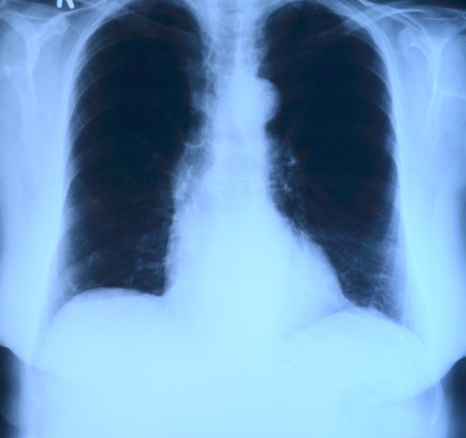
Pneumonia is a type of condition in the lungs wherein the air sacs of one or both lungs of an individual is infected, thus inflamed. Now, the air sacs may fill with pus or fluid that causes the cough with pus or phlegm, chills, fever, and difficulty in breathing.
The cause of Pneumonia sits on a wide range of microorganisms, which includes viruses, bacteria, and fungi. With this said, this condition ranges from mild to life-threatening severity. Pneumonia is most serious for young children and infants, and to older people that ages 65 and beyond. Additionally, individuals with health problems and a weakened immune system might be at risk.
In today’s article, Pneumonia is the center of the topic, particularly in its treatment and management. Thus, if you want to learn more about Pneumonia and all the things that you can possibly do to help you or someone out, then read more to learn more.
Symptoms of Pneumonia
The symptoms of Pneumonia vary from mild, which you may barely notice the signs, to severe, which makes one hospitalized. With this said, your body’s response will depend on the type of bacteria/ germ that causes the infection, your age, and your overall health.
The symptoms and signs of Pneumonia might include the following:
Cough. The character of an individual’s cough with Pneumonia may be yellowish or green, and it might even have bloody mucus.
Symptoms of Flu. Signs like shaking chills, sweating, and fever might be observed.
Shortness of breath. Difficulty in breathing or rapid, and shallow breathing.
Chest Pain. The patient might feel a sharp or stabbing chest pain, and it gets worse when one breathes deeply or cough.
Loss of appetite. The patient might feel Fatigue, low energy, or loss of appetite.
Nausea. Experiencing nausea and vomiting can also be one of the signs and symptoms, especially in young children.
Confusion. This symptom tends to be common in older people.
Bacterial Pneumonia Symptoms
Bacterial Pneumonia is the most common form of Pneumonia, which tends to be more serious or severe than the other types of said disease. This type of Pneumonia has symptoms that require immediate medical care since it can develop suddenly or gradually.
For instance, a patient’s fever may rise as high and dangerous as 105 degrees F, wherein one may sweat profusely and experience an increase in breathing and pulse rate. One’s lips and nailbeds may also have a bluish color due to lack of oxygen in the blood. Also, the patient’s mental state may also be delirious or confused.
Key Symptoms to Look for
You need to know that the symptoms will vary in certain populations. Like the newborns and infants might not show any early signs of infection. However, they might experience vomiting, with a fever and cough. They might also appear restless, sick, and without energy.
On the other hand, the elderly who are now prone to serious illnesses due to a weak immune system may have few and milder symptoms. However, it takes a toll on their mental awareness. Now, for the individuals that already have a chronic lung disease, the symptoms may worsen over time.
Managing Pneumonia Through Treatment
The treatment for Pneumonia involves the curing of the infection and the prevention for its complications. Patients that have the community-acquired Pneumonia usually can just be treated at home with proper medication.
Although its symptoms can be eased within a few days or weeks of treatment, the feeling of tiredness can still persist for a month or more.
With this said, here is the list of the treatments that depends on the type and severity of Pneumonia:
Antibiotics. Medication like Minocycline, which treats a wide variety of infections (only treats bacterial infection), belongs to a class of drugs called tetracycline antibiotics, which primarily works by stopping the growth of bacteria.
Additionally, Minocycline can be bought at any local pharmacy with a minocycline coupon. However, you should know that you need first to be informed by your doctor about how to take this medicine and what can you expect out of it.
There will be side effects that you may experience, but you do not need to worry since it is part of the treatment. However, if the symptoms persist or worsens, then consult your doctor again and as soon as possible.
Cough Medicine. This medication is used to calm your cough so that you are able to rest appropriately. However, since coughing helps in loosening and moving the fluid from your lungs, it is not a good idea to eliminate it completely.
Pain relievers/ Fever reducers. Since patients mostly run a fever during sickness, one should take these medications as needed for fever and discomfort reduction. This includes drugs like aspirin, acetaminophen (Tylenol), and ibuprofen like Advil, Motrin IB.

